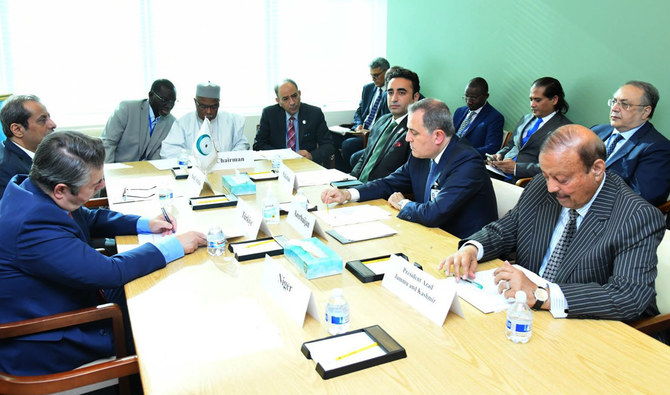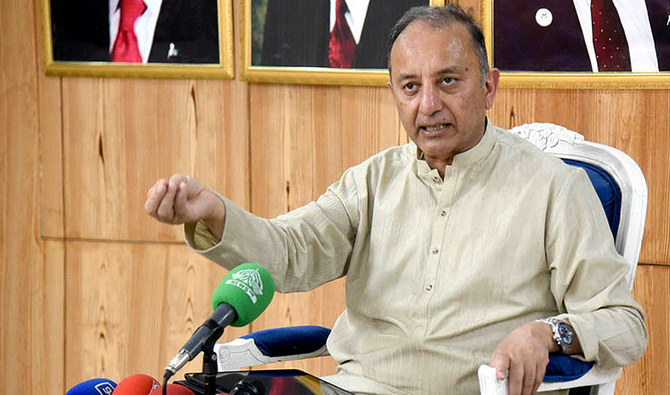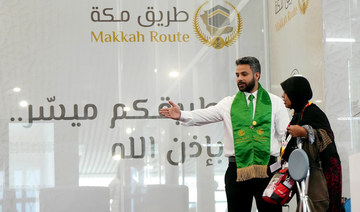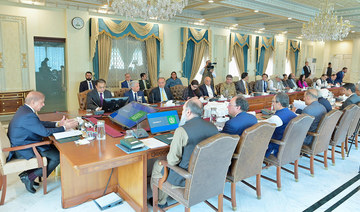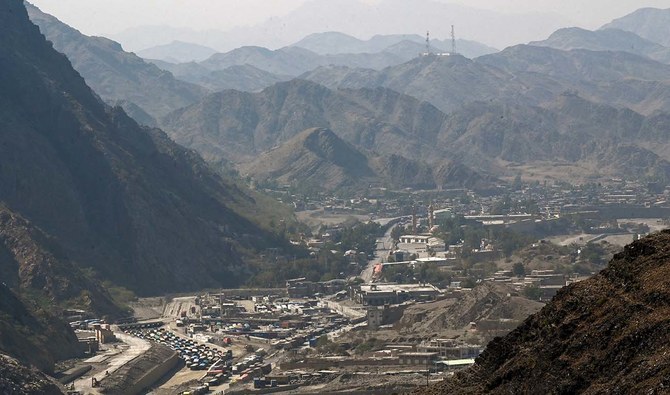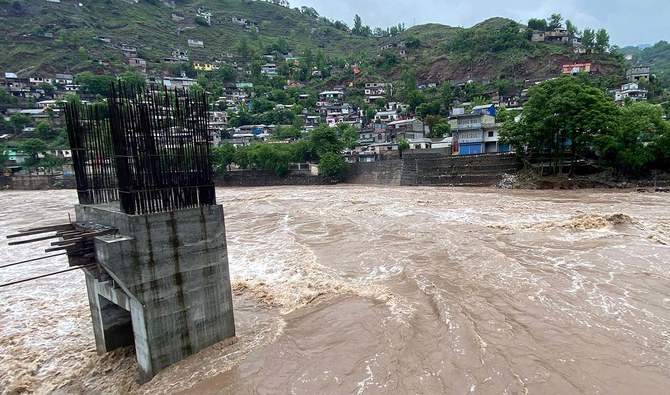ISLAMABAD: Pakistani Foreign Minister Bilawal Bhutto Zardari drew the world’s attention to the ongoing conflict in Indian-administered Kashmir on Wednesday, calling for a “just and lasting” solution.
The dignitary was speaking at a meeting of the OIC Contact Group on Jammu and Kashmir on the margins of the 77th United Nations General Assembly Session in New York on Wednesday. The group reviewed the political and security environment in Kashmir Valley and what it called “the deteriorating humanitarian and human rights situation” there.
The Contact Group comprises Azerbaijan, Niger, Pakistan, Saudi Arabia and Turkey.
OIC Secretary General Hissein Brahim Taha chaired the meeting and in his opening remarks reaffirmed the OIC’s commitment to a “peaceful settlement of the Jammu and Kashmir dispute in accordance with the relevant resolutions of the United Nations and the OIC Summits and Council of Foreign Ministers.”
He also presented a report on the implementation of an action plan agreed upon during the last meeting of the Contact Group in March 2022 in Islamabad.
Kashmir has long been a flashpoint between India and Pakistan, both of which claim all of the region but rule only in part.
Ties between the nuclear-armed rivals have been particularly strained since a suicide bombing of an Indian military convoy in Kashmir in 2019 that New Delhi says was carried out by Pakistan-based militants. The bombing led to India sending warplanes to Pakistan. Islamabad denies state complicity in any attacks in Indian-administered Kashmir.
In August 2019, Indian Prime Minister Narendra Modi withdrew Indian-administered Kashmir’s autonomy in order to tighten his grip over the territory, provoking outrage in Pakistan and the downgrading of diplomatic ties and suspension of bilateral trade.
Speaking at the Contact Group meeting, Foreign Minister Bhutto Zardari drew attention to “the worsening situation” in Kashmir since August 2019.
Indian security forces, he said, “continued to conduct cordon-and-search operations, put down protests violently, indiscriminately use pellet guns, imprison Kashmiri political leaders, abduct and torture children and women, and stage fake encounters.”
“The Foreign Minister stressed that durable peace and stability in South Asia would remain tense and fragile without a just and lasting solution to the Jammu and Kashmir dispute in accordance with United Nations Security Council resolutions and the wishes of the Kashmiri people,” the foreign office said in a statement.
The meeting of the Contact Group concluded with the adoption of a joint communiqué that “unequivocally reaffirmed the OIC’s position and resolutions on the Jammu and Kashmir dispute.”
OIC has 57 member countries, making it the second largest intergovernmental organization after the United Nations.
The OIC contact group on Jammu and Kashmir was established in 1994 to support the struggle of the people of Indian-administered Kashmir, including their right to self-determination, to voice the organization’s position, and coordinate joint actions on the dispute.



